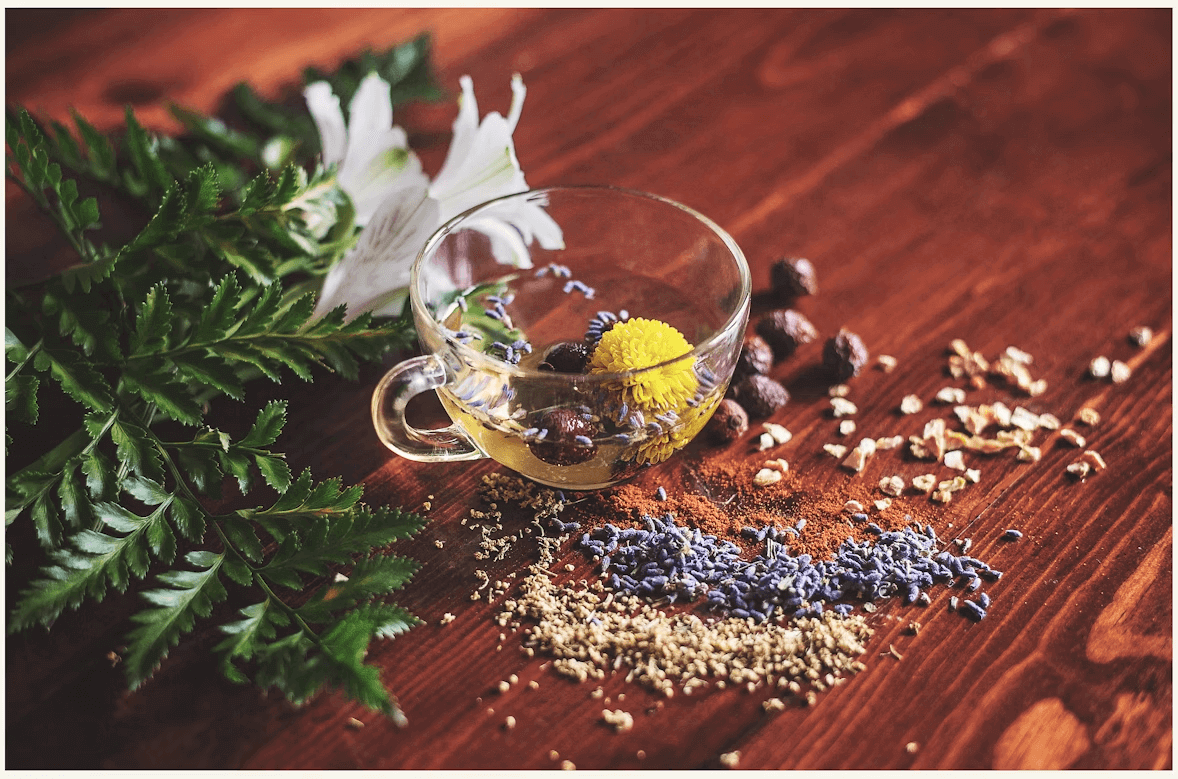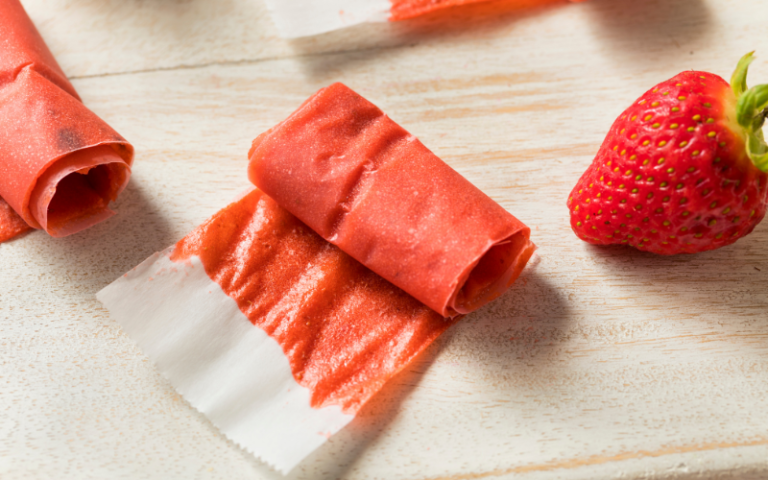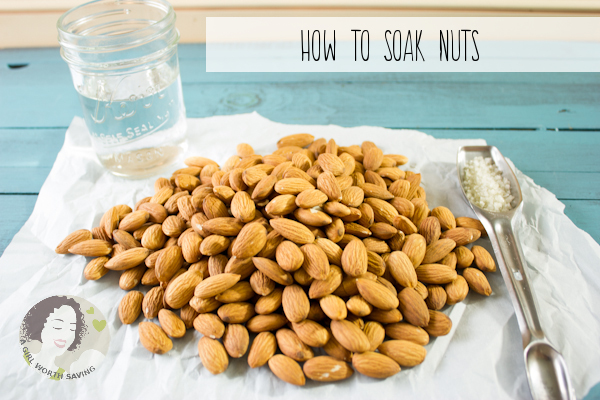The Role of Hydration in Detox and Recovery
This post contains affiliate links. Click here to read my affiliate policy.
Last Updated on October 7, 2025
Why Water Is Your Healing Ally After Addiction
Recovering from substance use isn’t just about quitting. It’s about giving your body the tools it needs to heal—and water is one of the most powerful, yet often overlooked, tools in the detox and recovery process.
Hydration supports the body’s ability to eliminate toxins, regulate mood, improve sleep, and restore energy. It plays a central role in the work your organs do behind the scenes, especially in the early stages of withdrawal and beyond.
In this article, we’ll explore how staying hydrated can help you detox more comfortably and recover more completely. You’ll also learn simple ways to boost your water intake and recognize the signs of dehydration.
Why Hydration Matters in Detox
When your body is processing and removing drugs or alcohol, it’s working overtime. The liver, kidneys, digestive system, skin, and lungs all play a role in filtering out the harmful substances. Water acts like a delivery system, helping to flush out toxins and keep everything moving smoothly.
During detox, the body often loses extra fluids through sweating, vomiting, diarrhea, or frequent urination—common withdrawal symptoms. Without enough water, this can lead to dehydration, which slows the detox process and intensifies symptoms.
According to the Mayo Clinic, even mild dehydration can cause fatigue, confusion, and dizziness—symptoms that may be mistaken for withdrawal-related discomfort (Mayo Clinic, 2021).
How Addiction Affects Your Body’s Hydration
Most substances interfere with hydration in some way.
Alcohol
Alcohol is a diuretic, which means it increases urination and depletes fluids and electrolytes. Over time, this contributes to organ stress, especially in the liver and kidneys.
Stimulants (like cocaine or meth)
Stimulants raise your heart rate and body temperature, often causing excessive sweating. They also suppress appetite and thirst, leading people to ignore the need for food or fluids.
Opioids
Opioids slow digestion, causing constipation and bloating. Many people drink less water while using, which worsens these issues.
Cannabis
Cannabis can lead to dry mouth and low fluid intake, especially when used frequently. Many people forget to hydrate while under its influence.
The Benefits of Staying Hydrated in Recovery
Water is more than a thirst-quencher. It’s a daily support system for your healing body and mind.
1. Helps Flush Toxins
Water supports the liver and kidneys in filtering waste. During detox, your body is trying to remove drug and alcohol residues stored in tissues, especially fat cells. Proper hydration speeds this up and reduces the burden on your detox organs.
A 2012 study published in The Journal of Environmental and Public Health showed that hydration is essential for excreting toxins through urine and sweat (Sears, 2012).
2. Supports Brain Function and Mood
The brain is 75% water. Even slight dehydration can impair memory, focus, and emotional regulation. For someone in recovery, where mood swings and brain fog are already common, water helps bring clarity and balance.
Research in the Journal of Nutrition found that a 1–2% drop in hydration levels can lead to noticeable decreases in cognitive performance and increased fatigue and anxiety (Ganio et al., 2011).

3. Improves Sleep and Energy
Hydration helps regulate your circadian rhythm, making it easier to fall and stay asleep. It also supports muscle function and blood flow, reducing exhaustion during the day.
4. Aids Digestion
Hydration helps ease constipation, reduce bloating, and support healthy gut bacteria. After quitting substances, your digestive system often struggles to normalize. Water helps move things along.
5. Reduces Cravings and Headaches
Sometimes what feels like a craving is actually thirst. Drinking water before reaching for a snack or stimulant can reduce triggers. Water also helps relieve tension headaches and hangover-like symptoms common in early withdrawal.
Signs You May Be Dehydrated
During detox, it’s easy to miss the signs of dehydration because they can overlap with withdrawal. Look out for:
● Dry mouth or lips
● Dark yellow urine
● Dizziness or light-headedness
● Muscle cramps
● Fatigue or irritability
● Headaches
● Constipation
The Centers for Disease Control and Prevention (CDC) recommend about 2.7 liters (91 ounces) of fluids for women and 3.7 liters (125 ounces) for men daily from all sources, including food and beverages (CDC, 2022).
Best Hydration Choices for Recovery
Water (of course!)
Start with plain water. If it feels bland, try:
● Adding lemon or cucumber slices
● Infusing with mint or berries
● Drinking warm water with ginger or honey
Herbal Teas
Herbs like chamomile, peppermint, ginger, and dandelion support the liver and soothe the nervous system.

Coconut Water or Electrolyte Drinks
After heavy sweating or digestive issues, use natural electrolyte-rich options to restore sodium, potassium, and magnesium.
Broths and Soups
Bone broth and vegetable soups offer hydration, minerals, and healing nutrients in one bowl.
What to Limit or Avoid
Caffeine
Caffeine can dehydrate and overstimulate your nervous system, especially if your adrenals are already exhausted.
Sugary Beverages
Avoid soda or fruit juices with added sugar. These spike blood sugar, which can worsen cravings and mood swings.
Alcohol and Detox Gimmicks
Stay away from “detox drinks” marketed with laxatives or diuretics. Stick to whole, gentle hydration options.
Practical Tips to Stay Hydrated
- Start your day with a glass of water before coffee or breakfast.
- Carry a reusable water bottle with you at all times.
- Set reminders to drink water every hour.
- Eat water-rich foods like cucumbers, melons, oranges, and lettuce.
- Drink a glass of water with every meal and snack.
Hydration as a Self-Healing Practice
Drinking water can be more than just a health task—it can become a mindful ritual of self-care. Each sip is a reminder that you are nurturing yourself, moment by moment.

“Hydrating was one of the first ways I took my power back. It reminded me that healing doesn’t have to be dramatic—it can be as simple as a glass of water.” — Anonymous in recovery
Final Thoughts
Hydration may seem basic, but in the world of addiction recovery, it’s a quiet hero. It supports every system involved in detox and helps restore the energy, focus, and balance you need to keep moving forward.
So pour yourself a glass. Let water become part of your healing ritual. Every drop brings you closer to clarity, calm, and a body that feels more like home.
References
● Mayo Clinic. (2021). Dehydration: Symptoms and causes. https://www.mayoclinic.org
● Sears, M. E. (2012). Detoxification: Heavy metal detox through sweat. Journal of Environmental and Public Health. https://www.ncbi.nlm.nih.gov/pmc/articles/PMC3312275/
● Ganio, M. S., et al. (2011). Mild dehydration impairs cognitive performance and mood. Journal of Nutrition, 141(1), 95–100.
● Centers for Disease Control and Prevention (CDC). (2022). Water and Healthier Drinks. https://www.cdc.gov


